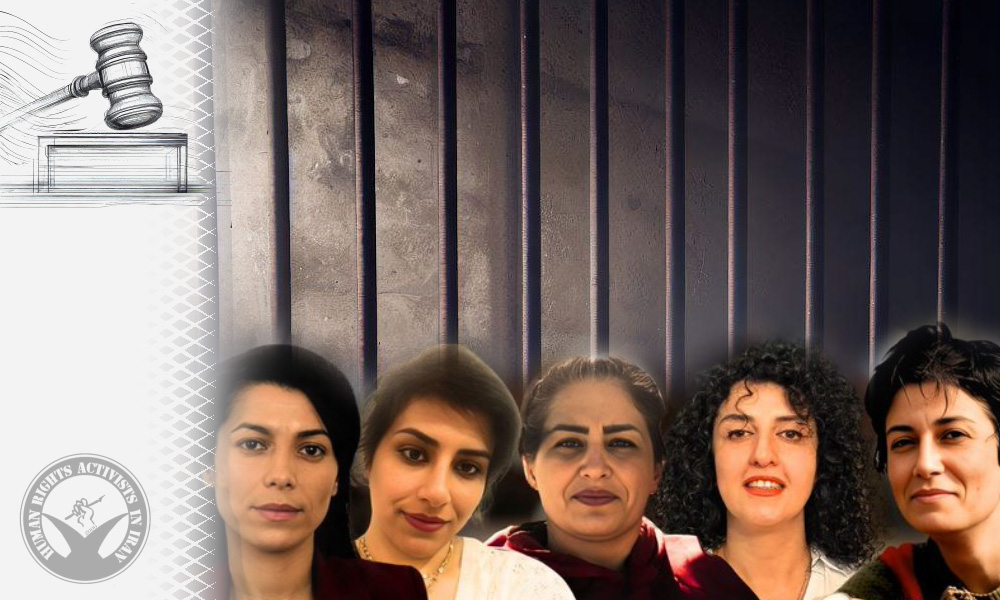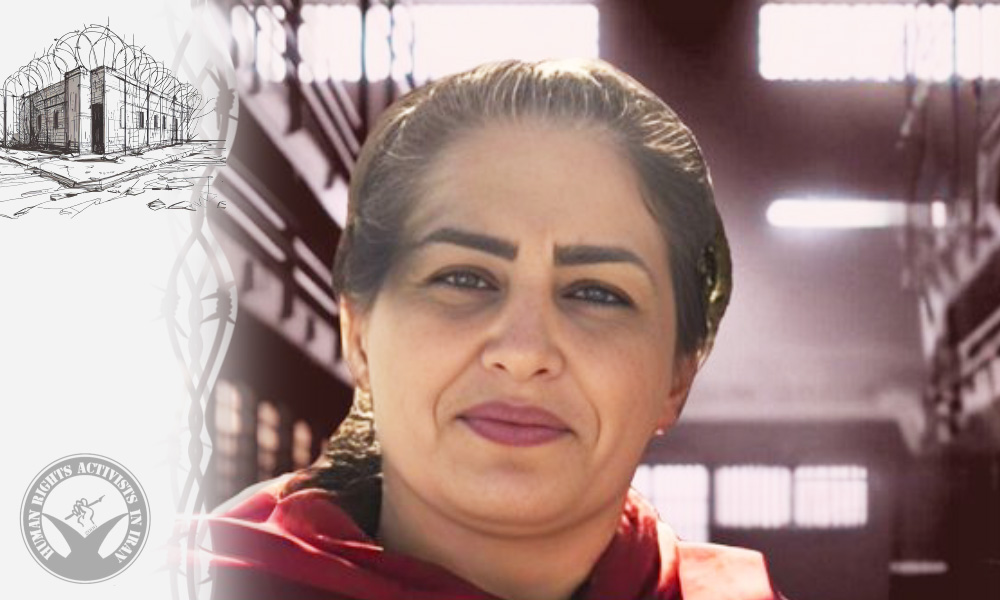HRANA News Agency – Parivash Moslemi, a political prisoner held in Evin Prison, has been on a hunger strike since Saturday, June 7, in protest against the opening of a new judicial case against her.
Based on information received by HRANA, Moslemi began her hunger strike on Saturday, June 7. The protest is in response to the opening of a new case against her, in which she is charged with “spreading falsehoods.” This charge relates to a time before she had reported to prison to serve her sentence.
A source close to her family confirmed the news to HRANA and stated: “Ms. Moslemi was initially promised conditional release, but was later informed of a new case filed against her. She began the hunger strike in protest against this abrupt change in legal proceedings and the authorities’ broken promise.”
It is worth noting that Moslemi, who suffers from multiple health conditions, had previously gone on hunger strike to protest the lack of medical attention for her condition.
Moslemi had previously been arrested by security forces in April 2024 in the city of Noor and was released three days later from a security detention facility in the city. She was re-arrested on July 7, 2024, after reporting to the Evin Prosecutor’s Office and was transferred to the women’s ward of Evin Prison.
Moslemi was sentenced by the Tehran Revolutionary Court on August 20, 2024, to a total of three years and eight months in prison. She received two years for “assembly and collusion,” one year for “insulting the Supreme Leader,” and eight months for “propaganda against the regime.”
She was also arrested in September 2023, during the anniversary of Mahsa Amini’s death, by security forces and released a month later from Qarchak Varamin Prison after posting bail.
HRANA’s data from the past decade shows that during this ten-year period, over 2,050 political prisoners and prisoners of conscience in Iran prisons have been forced to go on hunger strike in protest of various abuses—including prolonged detention, being held in legal limbo, unfair trials, poor prison conditions, and being held in solitary confinement or alongside inmates convicted of violent crimes.






